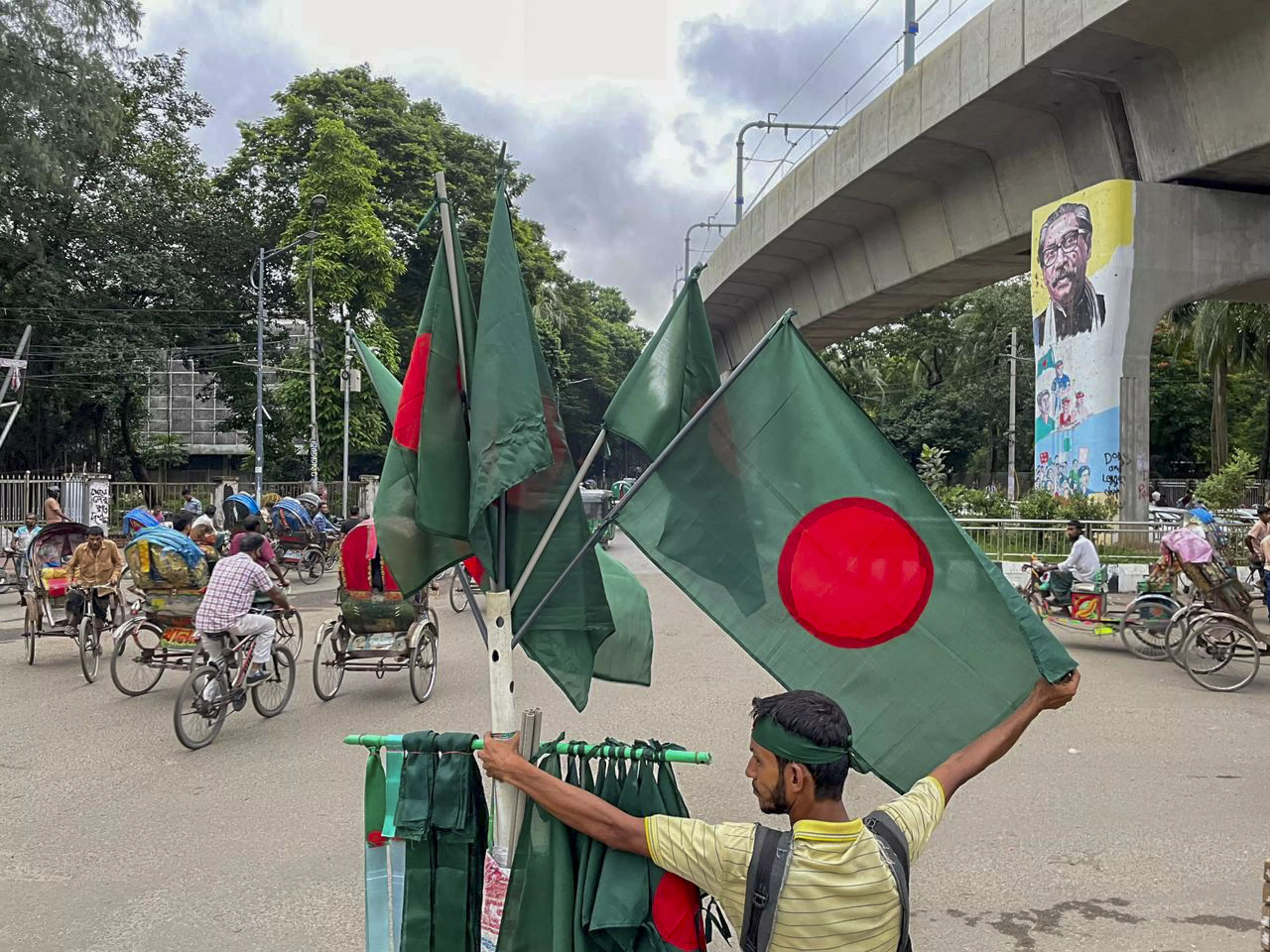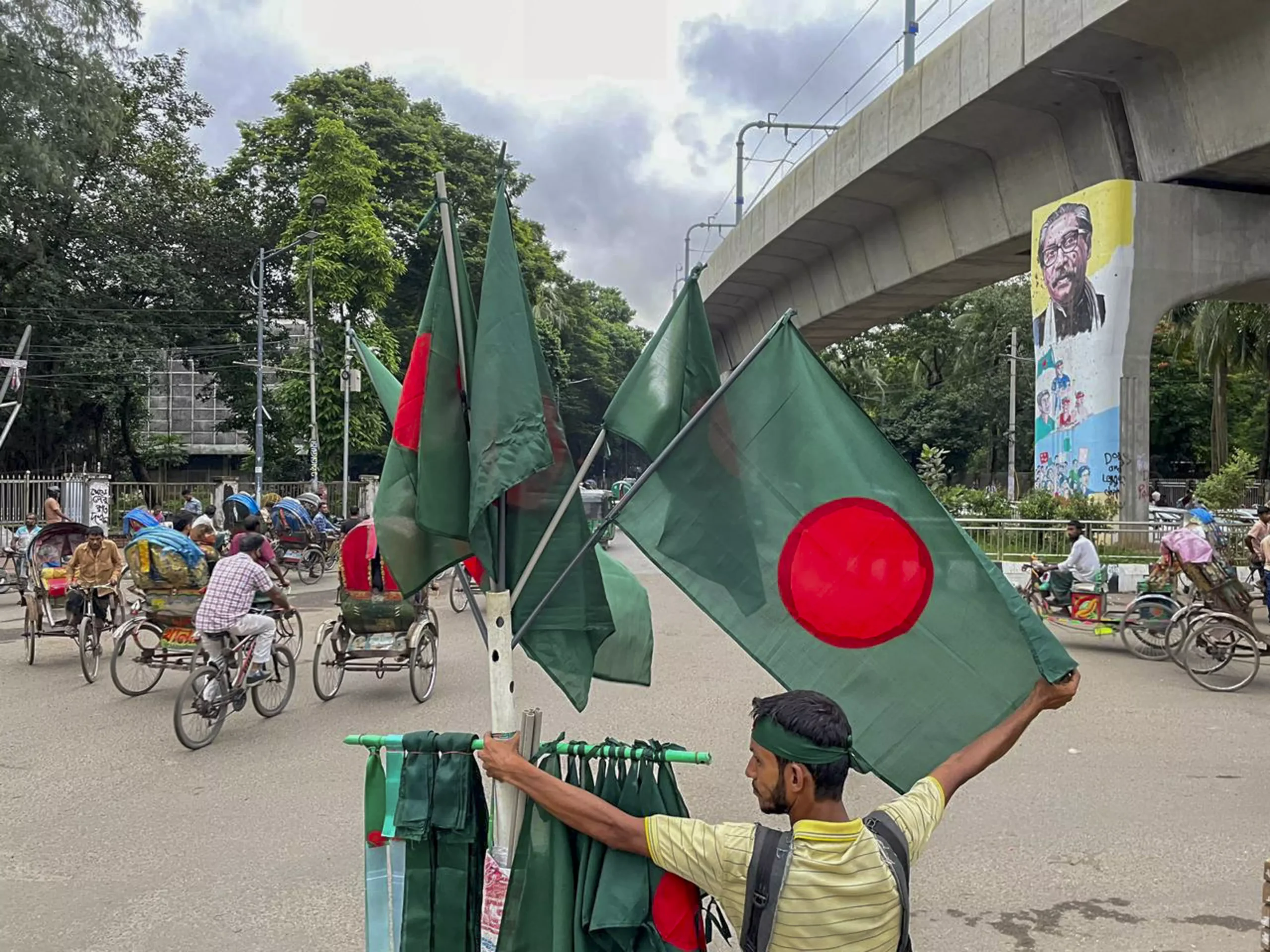
The last few years have seen serious geopolitical disruptions, both globally and regionally. India’s entire neighbourhood, namely the South Asian region, is by all standards gravely stressed, and thanks to the regional bully, the overly assertive China, has been transformed into an area of intense contestation. While India, as the largest and a powerful nation, endeavours for its economic resurgence and security, among the many imperatives for its overall well-being and progress is to stabilise, to the extent possible, all the nations and the entire geopolitical environment in its restive neighbourhood. In peace and harmony among the South Asian nations lies the progress of all of us.
India shares land and maritime borders with nine neighbouring countries in South Asia. It has land borders with Afghanistan, Bangladesh, Bhutan, Nepal, Myanmar and Pakistan. Though China is technically not a part of South Asia, it has been making serious inroads into the region.
India has a 4,000-km land border with the People’s Republic of China. In addition, it has maritime borders with Bangladesh, Myanmar, Pakistan and Sri Lanka.
Importantly, India’s far-off Andaman and Nicobar Islands share maritime borders with Indonesia and Thailand.
Regrettably, the traumatic events of the past three weeks in neighbouring Bangladesh — a nation with close and fraternal ties with India — leading to the sudden, dramatic and surprising expulsion of its Prime Minister, Sheikh Hasina, and the removal of her secular Awami League government, mass violence and vandalism against Hindus and Hindu temples, the destruction of its founder Sheikh Mujibur Rahman’s memorials and other government properties, has created a potentially a serious internal security problem for Bangladesh, as well as for India. Whether the new interim government head, Nobel Prize-winning economist Muhammad Yunus, will be able to handle the worsening communal situation inside Bangladesh with the help of the Bangladesh Army, which installed him, will only be known in the coming weeks. This totally unanticipated situation in Bangladesh and India being caught unawares does not speak well of India’s diplomatic watchfulness or the analytical skills of its intelligence agencies. India now faces a Catch-22 situation regarding its options towards a key strategic neighbour like Bangladesh, especially with the minorities in that nation under physical threat and thousands wanting to cross over to India — a situation which India will not welcome under any circumstances. That Prof Yunus has telephonically spoken to Prime Minister Narendra Modi and assured him of preventing further crimes against Bangladeshi Hindus is reassuring but its effectiveness will emerge only after a few weeks, for the minorities are now under siege by the growing number of radical elements and jihadists in that nation led by the Jamaat-e-Islami.
That both China and Pakistan’s Inter-Services Intelligence spy agency have a hand in the anti-India protests in Bangladesh appears almost certain. India will, meanwhile, have to weigh its future options carefully on Bangladesh. The time is not ripe for any kind of military option, but in case the situation worsens, some form of economic sanctions will have be considered.
For now, of course, the new interim government in Bangladesh will realise the merits of maintaining strong economic relations with India — which India too should encourage unless the situation gets worse. However, India does face its most serious geopolitical crisis of the past many years.
China, the global and regional hegemon, has since the last 70 years or so, endeavoured zealously to keep India’s influence not only hemmed in South Asia but tried to put as many obstacles in India’s path to peace and prosperity. It carries on with this orientation till now. This despite India advocating its case in the United Nations in the early 1950s and sincerely trying to establish cordial relations with it. Nevertheless, India will have to strengthen the various sinews of its comprehensive national power to keep the overly ambitious and perfidious Chinese at bay. As China tries to enlarge its footprint all across South Asia and beyond, India has to carve out its policy towards its neighbours with vision and allocating development projects and resources for the neighbours to prevent China getting a free run in the South Asian landscape.
All successive governments and Prime Ministers of India have sincerely tried to mend fences with its errant sibling, Pakistan, which is China’s protégé and virtually its colony. But Islamabad refuses to change tack and its unnecessary hate-laden policies towards India harms itself more than it does this country. Its insistence on using terror as an extension of state policy is indeed a self-destructive venture and made it a pariah state in the comity of nations. As we try to influence Pakistan to shun terror, at the same time we must ensure that any kinetic mischief by Pakistan is given a speedy and firm response by us. Pakistan has to be clearly told that so far India has not exploited Pakistan’s many fault lines and it thus should behave as a good neighbour.
On Afghanistan, where India is deeply respected, we must continue to assist its development as India has been doing for the past 20 years or so. The fundamentalist Taliban, now in power in Kabul, has kept the wily Pakistanis away from creating inroads into that nation’s power echelons. India must therefore continue with the same fervour to assist the Kabul regime for more reasons than one.
India’s ties with tiny Bhutan is an unique example of excellent fraternal relations between two South Asian nations which can be an example for all of South Asia. Notwithstanding all geopolitical tribulations in our neighbourhood, India must show geopolitical vision and reach out to all its neighbours as part of its “Neighbourhood First” agenda and also try to reinvigorate the Saarc concept.
